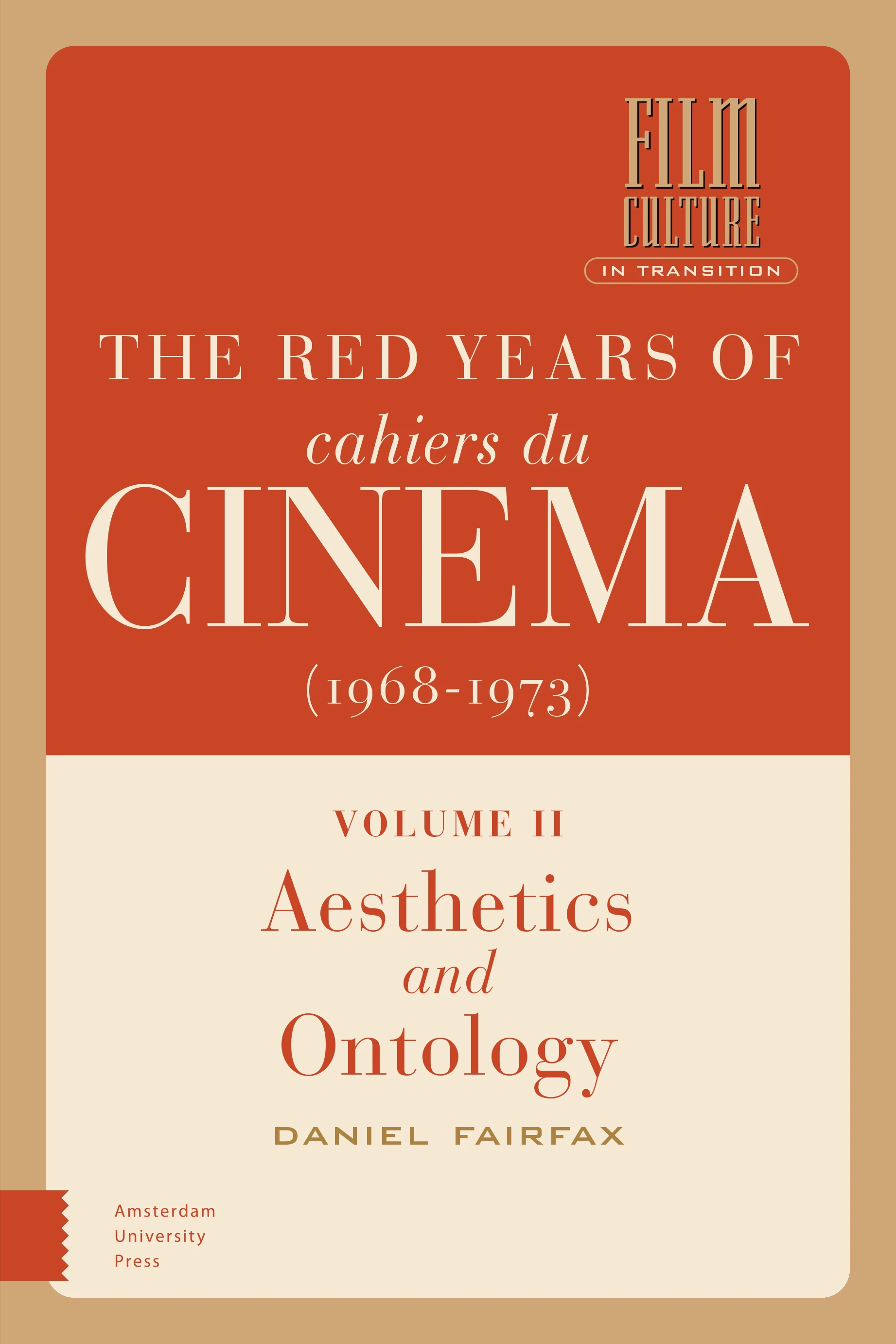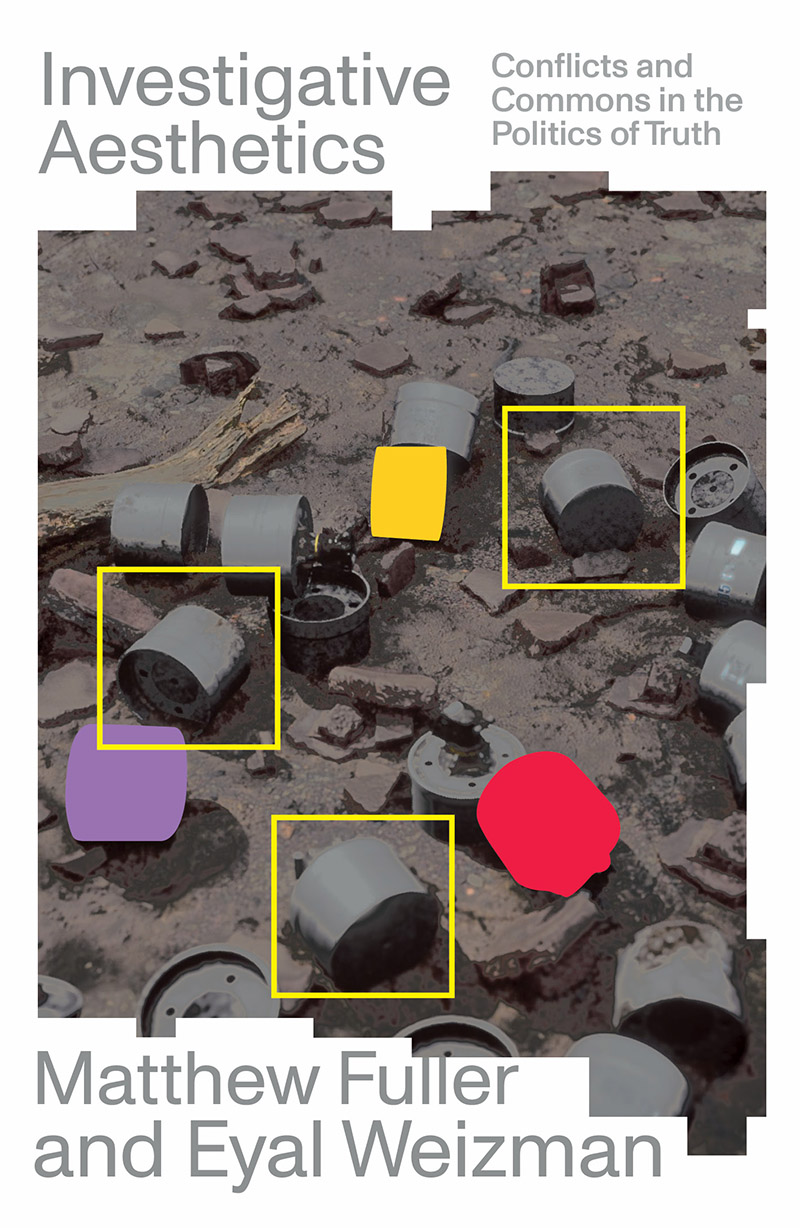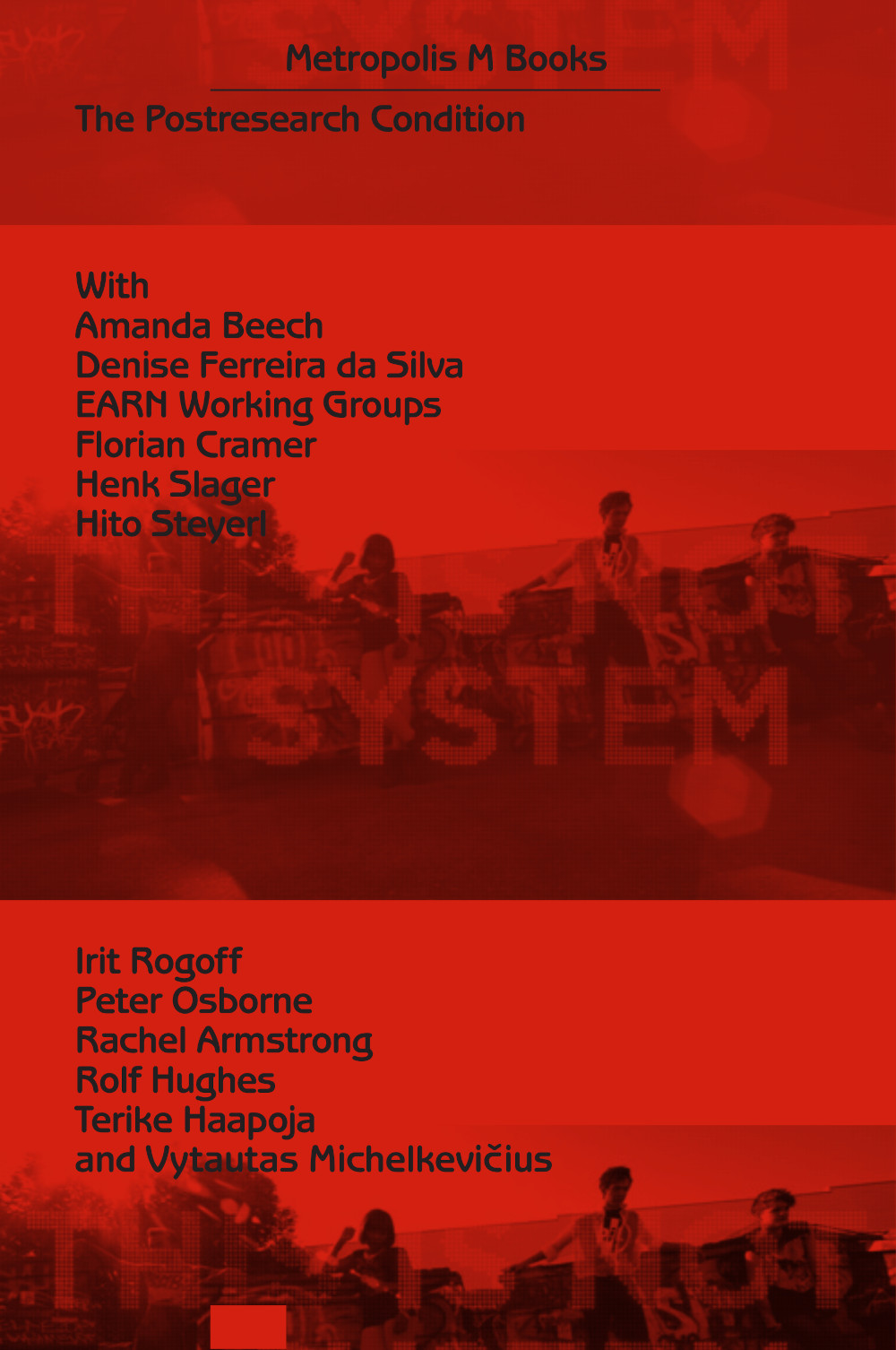Daniel Fairfax: The Red Years of Cahiers du cinéma, 1968-1973, 2 vols. (2021)
Filed under book | Tags: · 1968, aesthetics, cinema, communism, film, film criticism, film history, film theory, ideology, marxism, politics, theory


“The uprising which shook France in May 1968 also had a revolutionary effect on the country’s most prominent film journal. Under editors Jean-Louis Comolli and Jean Narboni, Cahiers du cinéma embarked on a militant turn that would govern the journal’s work over the next five years. Inspired by Marxist and psychoanalytic theory, the “red years” of Cahiers du cinéma produced a theoretical outpouring that was seminal for the formation of film studies and is still of vital relevance for the contemporary audiovisual landscape.
The Red Years of Cahiers du Cinéma (1968-1973) gives an overview of this period in the journal’s history and its aftermath, combining biographical accounts of the critics who wrote for Cahiers in the post 1968 period with theoretical explorations of their key texts.”
Publisher Amsterdam University Press, Amsterdam, 2021
Film Culture in Transition series
ISBN 9789048543908 (vol. 1), 9789048543915 (vol. 2)
427 & 455 pages
HT Quentin Darcq
Publisher (vol. 1)
Publisher (vol. 2)
OAPEN (vol. 1)
OAPEN (vol. 2)
WorldCat (vol. 1)
WorldCat (vol. 2)
Volume I, Ideology and Politics: PDF, PDF
Volume II, Aesthetics and Ontology: PDF, PDF
See also: Cahiers du Cinéma, vols. 1–4.
Comment (0)Matthew Fuller, Eyal Weizman: Investigative Aesthetics: Conflicts and Commons in the Politics of Truth (2021)
Filed under book | Tags: · aesthetics, architecture, art, commons, corruption, environment, forensics, human rights, investigation, politics, technology, truth

“A new field of counterinvestigation in journalism, human rights, art and law
Today, artists are engaged in investigation. They probe corruption, human rights violations, environmental crimes and technological domination. At the same time, areas not usually thought of as artistic make powerful use of aesthetics. Journalists and legal professionals pore over opensource videos and satellite imagery to undertake visual investigations. This combination of diverse fields is what the authors call “investigative aesthetics”: the mobilisation of sensibilities associated with art, architecture and other such practices in order to speak truth to power.
Investigative Aesthetics draws on theories of knowledge, ecology and technology; evaluates the methods of citizen counter-forensics, micro-history and art; and examines radical practices such as those of WikiLeaks, Bellingcat, and Forensic Architecture. These new practices take place in the studio and the laboratory, the courtroom and the gallery, online and in the streets, as they strive towards the construction of a new common sense.
Matthew Fuller and Eyal Weizman have here provided an inspiring introduction to a new field that will change how we understand and confront power today.
To Nour Abuzaid for your brilliance, perseverance, and unshaken belief in the liberation of Palestine.”
Publisher Verso Books, London, August 2021
ISBN 9781788739085, 1788739086
259 pages
Review: Chris Hayes (Tribune, 2021).
EPUB (updated on 2022-11-21)
Comment (0)The Postresearch Condition (2021)
Filed under book | Tags: · activism, art, artistic research, contemporary art, curating, knowledge, knowledge production, politics, research

“After an omnipresent “Research Decade,” the concept of artistic research currently seems to be in need of a recharge. Pressing questions are: Should we talk about a postresearch situation or a postresearch condition? Could this be compared with how poststructuralism relates to structuralism as its philosophical comprehension and the elaboration of its consequences? And how could a postresearch condition address contemporary art practices?
To answer these questions, it is important to start from the three conceptual spaces that fundamentally determine what we mean by research: creative practice (experimentality, art making, potential of the sensible); artistic thinking (open-ended, speculative, associative, non-linear, haunting, thinking differently); and curatorial strategies (topical modes of political imagination, transformational spaces for encounters, reflection and dissemination) – and to comprehend these spaces in their mutual, dynamic coherence as a series of indirect triangular relationships.
From whatever conceptual space one departs, an artistic research practice could signify a transversal constellation – as a creative proposition for thought in action. Yet, that mode of research could never be reduced to a method of one of the three constituents. Thus, artistic research cannot be equated with creative innovation, disciplinary knowledge production, or political activism. It seems urgent now to profoundly challenge and question the issue of how to articulate and present the condition of the intersection between the three conceptual spaces.”
With contributions from Peter Osborne, Hito Steyerl, Vytautas Michelkevičius, Florian Cramer, Terike Haapoja, EARN Working Groups, Rachel Armstrong, Amanda Beech, Denise Ferreira da Silva, Irit Rogoff.
Editor Henk Slager
Final editor Annette W. Balkema
Publisher Metropolis M Books, Utrecht, September 2021
ISBN 9789081830270
71 pages
Event website (incl. videos)
Publisher

